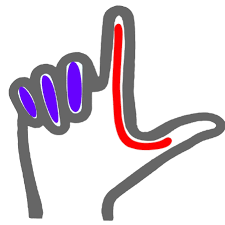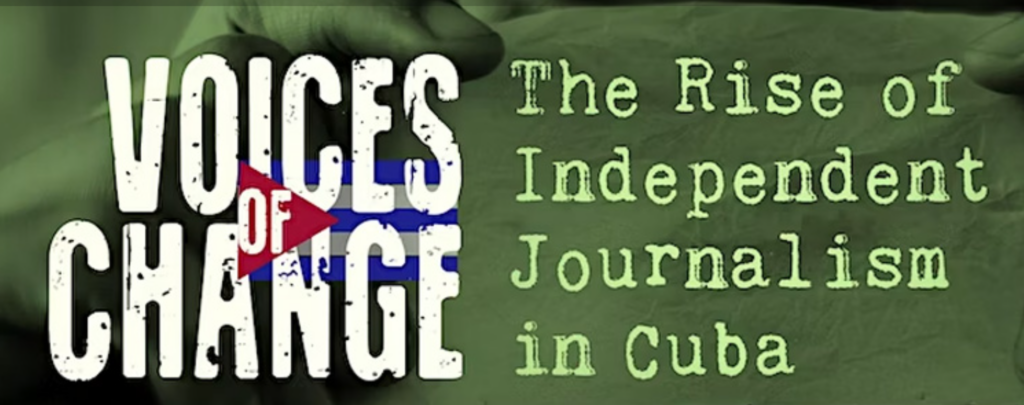 In Cuba, elections are neither the means to select governments nor a channel for citizens to communicate their views, CIVICUS reports. Rather, they serve a legitimizing purpose, both domestically and internationally, for an authoritarian regime that seeks to present itself as a superior form of democracy. They also serve to co-opt and mobilise supporters and demoralise opposition, it adds:
In Cuba, elections are neither the means to select governments nor a channel for citizens to communicate their views, CIVICUS reports. Rather, they serve a legitimizing purpose, both domestically and internationally, for an authoritarian regime that seeks to present itself as a superior form of democracy. They also serve to co-opt and mobilise supporters and demoralise opposition, it adds:
Ritual elections just one of many tools the regime employs to maintain power. The 11J protests were a potential turning point because they represented a collective loss of fear, and everything the Cuban authorities have done since is aimed at regaining control by bringing the fear back.
Determined to prevent a repetition of 11J-style mobilizations, the government has raised the cost of protest by criminalizing protesters and activists and curtailing the expression of dissent online and offline, backed by a new Criminal Code approved in May 2022 that has turned every protest tactic into a crime. Civil society activists continue to be handed lengthy prison sentences and the number of convicted political prisoners remains above 1,000.
🇨🇺🇨🇺🇨🇺 #Cuba 🇨🇺🇨🇺🇨🇺
Este domingo se realizan en Cuba las elecciones (por así decirlo) para renovar los 470 escaños de la Asamblea Nacional del Poder Popular por el período 2023-2028.
(abro hilo)#Elecciones2023 #EleccionesCuba #YoNoVoto #YoNoVotoEl26 pic.twitter.com/Q0CobDAmtr
— Felipe Galli ⭐️⭐️⭐️ (@FEscrutinio) March 22, 2023
 Practicing journalism in Cuba can be a hazardous endeavor, Barbara Gutierrez writes:
Practicing journalism in Cuba can be a hazardous endeavor, Barbara Gutierrez writes:
While the Cuban government has barred the legal existence of non-state media for more than 60 years, dozens of new independent outlets have surfaced over the last decade that cover Cuban society extensively. …Some of the most prominent of these outlets are 14 y Medio, an online newspaper headed by Cuban blogger Yoani Sanchez, El Toque, a multimedia platform with diverse news coverage, and El Estornudo, a platform that covers news and culture using a long narrative format. …However, the last few years have proven to be very difficult for independent journalists in Cuba.
“As Cubans got more access to the internet, more homegrown, online media outlets popped up,” said Michael Bustamante, associate professor of history and Emilio Bacardi Moreau Chair in Cuban and Cuban-American Studies at the University of Miami. He cites a continued campaign of denunciation against members of the news outlet El Toque that caused most of its remaining correspondents to be “pressured to resign.”
“This hangs like a Sword of Damocles over the work of journalists,” said Bustamante. “It is not easy to be a journalist in Cuba.” RTWT
TUESDAY, April 18 – OAS Hosts Panel: “Cuba, Violation of Human Rights and Fundamental Freedoms: Fear and Intimidation”
🗓️ April 18
⏰ 10:00 EDT (14:00 GMT)
📺https://t.co/UNuXoqH8wE https://t.co/HWnpVsIOyu
📍 Hall of the Americas, OAS
ℹ️ https://t.co/Hox3Fk6BwO pic.twitter.com/VDLq64Dy0E— OAS (@OAS_official) April 10, 2023
CUBA: VIOLATIONS OF HUMAN RIGHTS AND FUNDAMENTAL FREEDOMS:
FEAR AND INTIMIDATION
Organization of American States, Hall of the Americas, Washington DC.
April 18, 2023. 10:00 AM – 1:00 PM
Welcoming Words
Luis Almagro, Secretary General, Organization of American States
Introductory Remarks
Frank Mora, Ambassador, Permanent Mission of the United States of America to the OAS
Recorded Video Statements from Cuba dissidents on the ground
Keynote Speaker
Commissioner Edgar Stuardo Ralón Orellana, Rapporteur on the Rights of Persons Deprived of Liberty and to Prevent and Combat Torture. Inter American Commission on Human Rights.
Panel Discussion (proposed topics)
1. Freedom of Expression and Assembly
To include violence, censorship, arrests, harassment, and defamation of the country’s independent press. Internet service restrictions against critics and dissidents. State Monopoly of the formal media sector.
2. Freedoms and the arts: expressions of music, films, literature, book publishing, poetry, and other artistic creations. To include persecution, abusive restrictions on movements and communications, arbitrary detentions, imprisonment, and forced exile. Harassment to prevent artists from expressing their social and political concerns. Imposition of Decree-Law 349.
Panelists
1. Javier Larrondo, President, Prisoners Defenders
2. Monica Baró, Journalist
3. Anamely Ramos, Artist
4. Anyelo Troya, Artist-Music Producer
Moderator
Pedro José Vaca Villarreal, Rapporteur for the Freedom of Expression, Inter American Commission on Human Rights. RSVP







